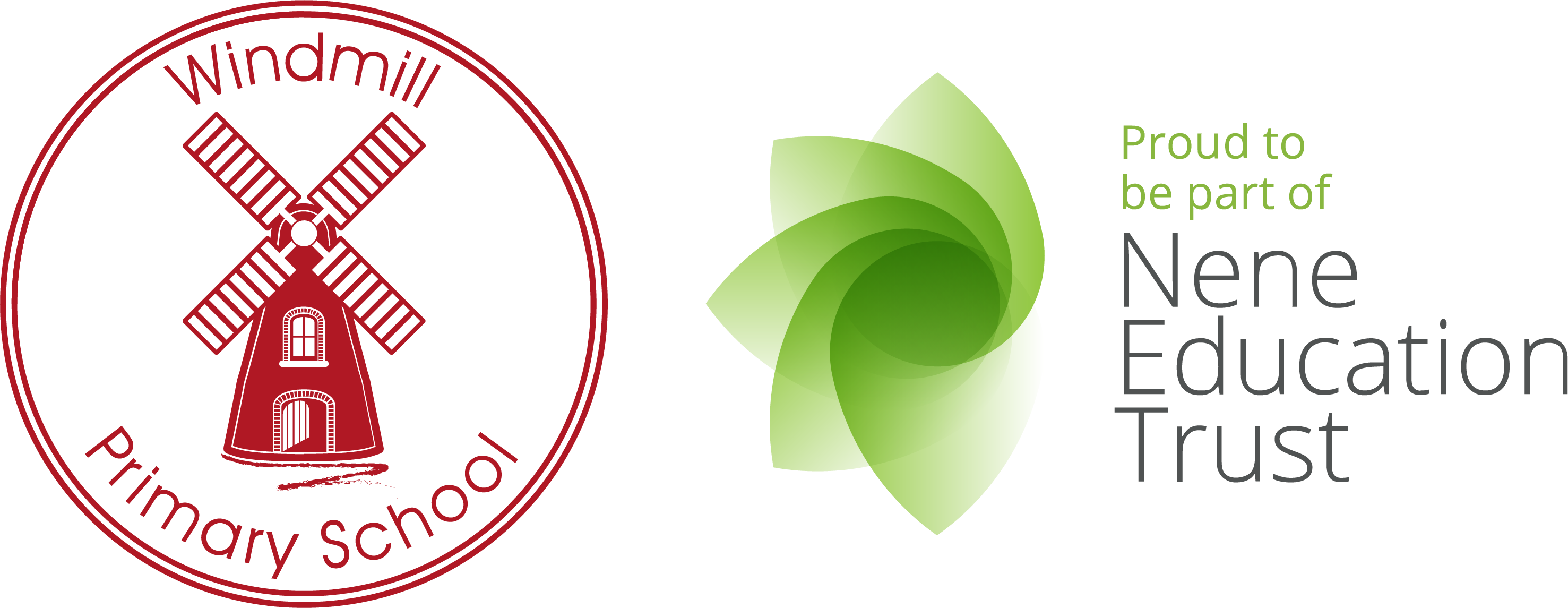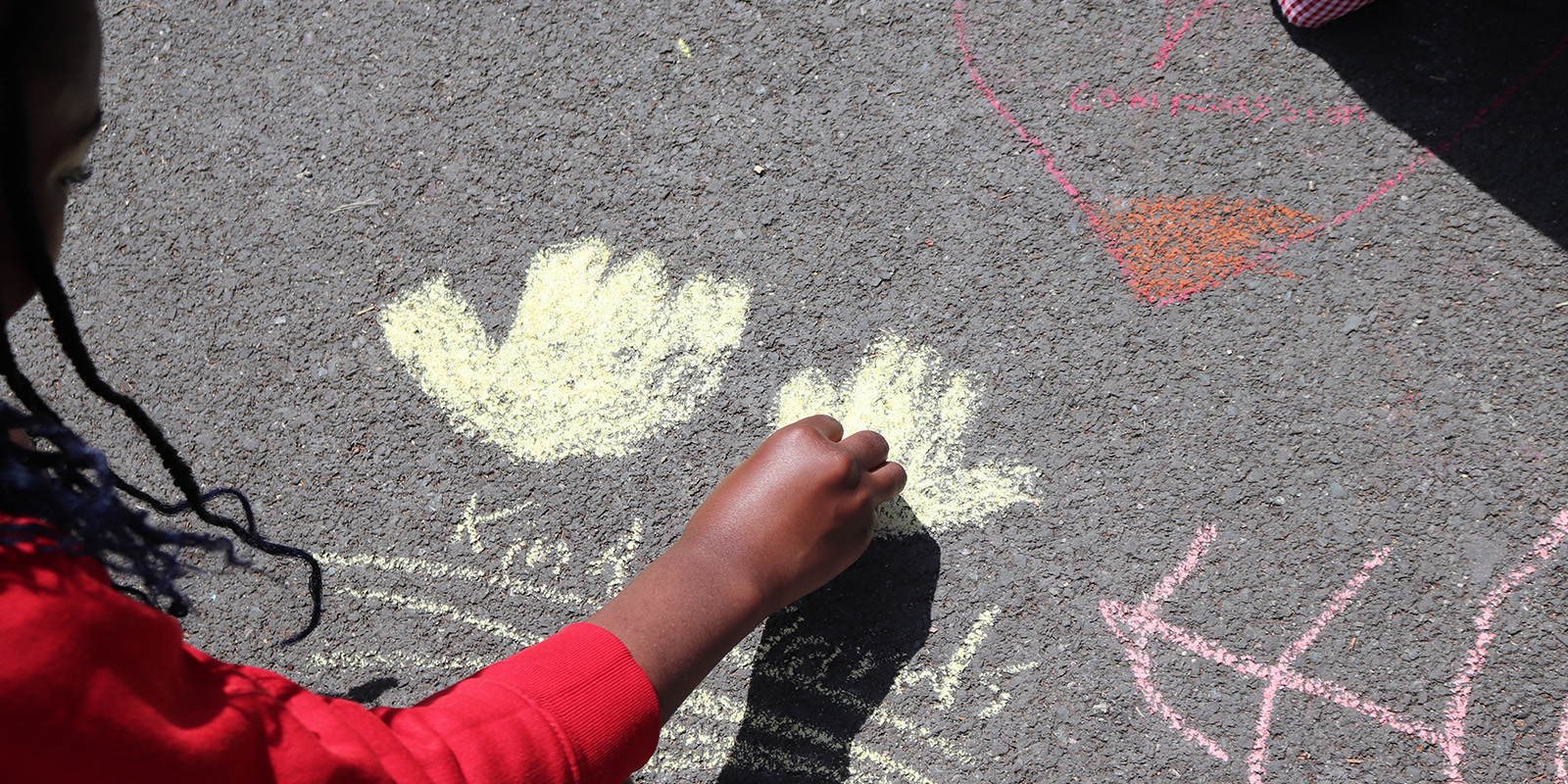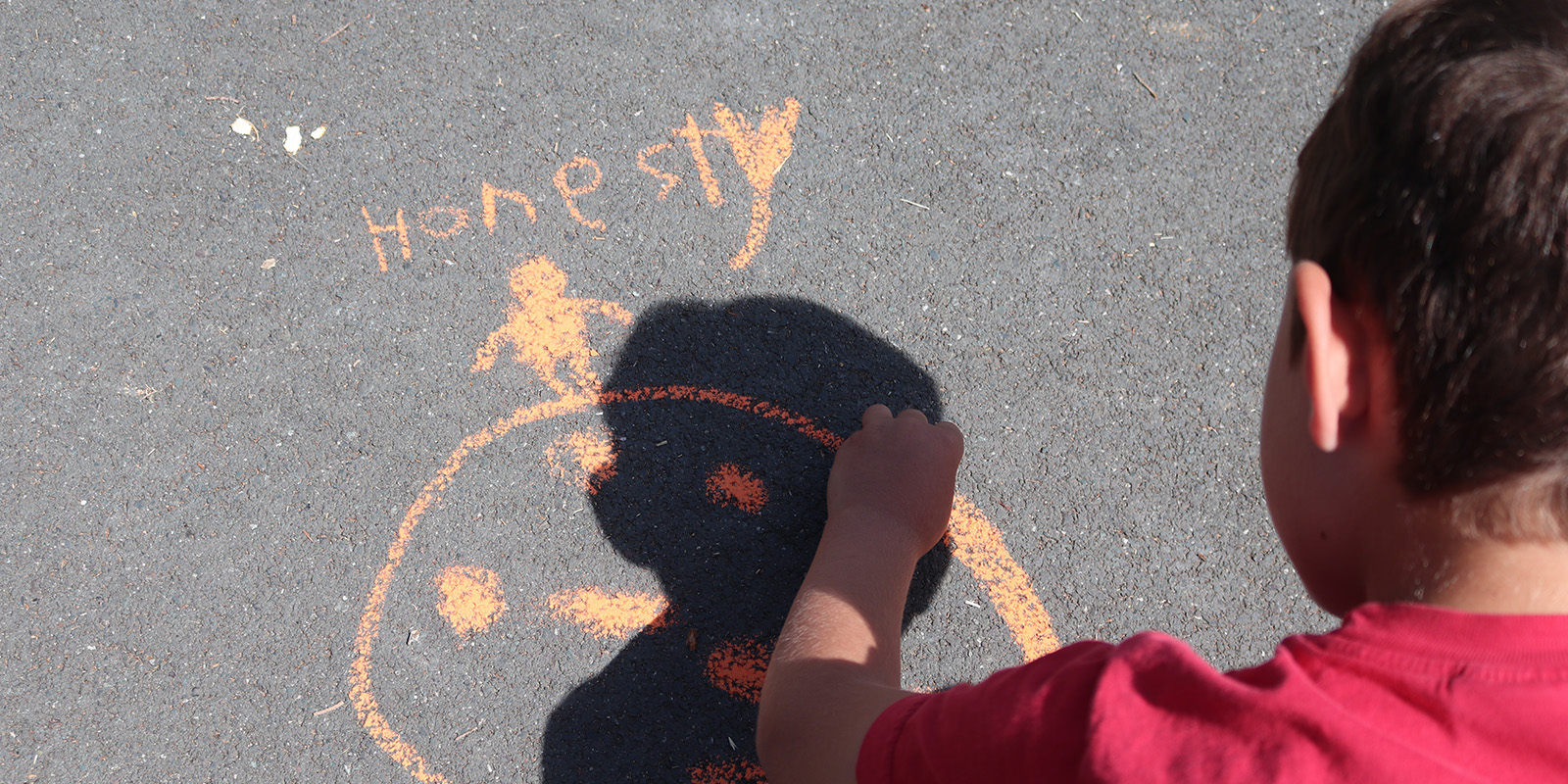As a fully inclusive community school Windmill Primary School welcomes and promotes the diversity of not only our local community but that of Northamptonshire, and the country, as a whole. At the same time we have implicitly promoted and demonstrated fundamental British values over the years; this has been through our commitment to pupil voice, class discussions over the shared expectations for the school, holding assemblies that, while being broadly Christian in nature, have also welcomed in visitors from other faiths and celebrated other religious and non-religious belief and ethical systems; and worked to further tolerance and harmony between different cultural traditions through a celebration of local culture and an exploration of wider national and international dimensions.
Following updated guidance from the Department for Education, we are happy to make these contents and processes explicit.
We ‘promote the fundamental British values of democracy, the rule of law, individual liberty, and mutual respect and tolerance of those with different faiths and beliefs’. We also recognise that these values are not solely exclusive to Britain and that these values have developed in Britain through a process over a substantial period of time and can only be maintained and developed by active engagement of citizens in democratic, lawful and respectful institutions and processes, of which our Primary School is one element.
The values which underpin the very essence of our school support and promote the work we do towards this. Diversity is one of our curriculum drivers and through our provision of the Spiritual, Moral, Social and Cultural dimension in school, we:
- Enable pupils to develop their self-knowledge, self-esteem and self-confidence;
- Enable pupils to distinguish right from wrong, and, at an age appropriate level, respect the civil and criminal law system of England
- Encourage pupils to accept responsibility for their behaviour, show initiative, and understand how they can contribute positively to the lives of those living and working in the locality of the school and to society more widely
- Enable pupils to acquire a broad knowledge of and respect for public institutions and services in England
- Further tolerance and harmony between different cultural traditions by enabling pupils to acquire an appreciation of and respect for their own and other cultures;
- Encourage respect for other people
- Encourage respect for democracy and support for participation in the democratic processes, including respect for the basis on which the law is made and applied in England
As a result of promoting fundamental British values, pupils will gain:
- An understanding of how citizens can influence decision-making through the democratic process;
- An appreciation that living under the rule of law protects individual citizens and is essential for their well-being and safety
- An understanding that there is a separation of power between the executive and the judiciary, and that some public bodies are held to account through Parliament and others (such as the courts) maintain independence;
- An understanding that the freedom to choose and hold faiths and beliefs is protected in law;
- An acceptance that other people having different faiths or beliefs to oneself (or having none) should be accepted and tolerated, and should not be the cause of prejudicial or discriminatory behaviour;
- An understanding of the importance of identifying and combating discrimination.
We achieve this by:
- Using the curriculum to highlight the development of democratic processes through time in Britain, as appropriate for the age of pupils; how democracy works in Britain, and contrasts to other forms of government in other countries
- Ensuring all pupils within the school have a voice that is listened to, and demonstrating how democracy works by having class and pupil councils.
- Using general or local elections, referendums and other political events to show how British systems of democracy are at work and carried out, including having visits from local elected politicians
- Using teaching resources from a wide variety of sources to help pupils understand a range of faiths, including study in the curriculum, visits from faith leaders and visits where possible to places of faith-worship
- Using extra-curricular activities to promote British values
Further examples are available in our school and this list is not exhaustive.
This position statement has been supported by material from the Department of Education, and parts in italics have been used from the November 2014 document ‘Promoting fundamental British values as part of SMSC in schools’




